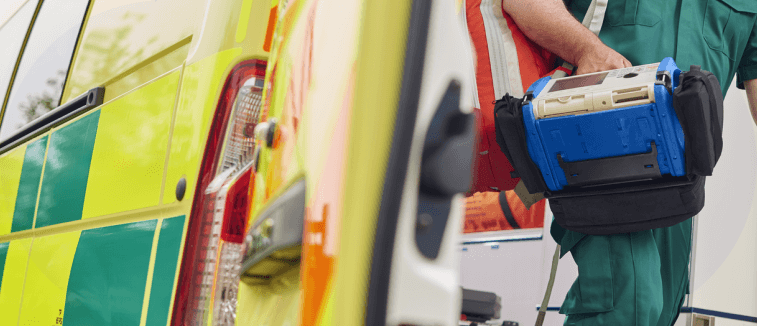Paramedic
On this page
- What's it like to be a Paramedic?
- How to become a Paramedic
- Latest Paramedic jobs
- Top skills and experience for Paramedics
What's it like to be a Paramedic?
A Paramedic (Āpiha Whakaora) attends emergency call-outs and large events where health emergencies may occur in order to assess and treat patients, and to get them to hospital if necessary. They also provide non-urgent patient transfers. Paramedics drive ambulances equipped with emergency medical equipment so that patients can be kept comfortable or stabilised until they reach a hospital. During accidents or events affecting multiple people, Paramedics must triage patients—that is, determine who needs treating first. Paramedics typically work shifts, including nights, weekends and public holidays.

Tasks and duties
- Attending accidents, emergencies and requests for medical assistance.
- Assessing, treating and managing a patient’s treatment on site and on the way to a hospital.
- Resuscitating and defibrillating patients and operating life-support equipment.
- Transporting sick and disabled persons to and from medical facilities for specialised treatment and rehabilitation.
- Attending public gatherings where accidents and other health emergencies may occur, such as sporting events.
- Ensuring that ambulances are adequately stocked with medical supplies and that equipment is in good working order.
- Preparing written reports on the state of patients' injuries and treatments provided.
How to become a Paramedic
To become a Paramedic you’ll need a bachelor degree.
- 1.
Study a three-year Bachelor of Health Science (Paramedicine). You can study full-time or part-time while working for an ambulance provider, either in a volunteer or paid position.
- 2.
You’ll also need a full Class 1 driver’s license.
- 3.
Register with Kaunihera Manapou Paramedic Council. To be registered you’ll need a practising certification (Authority to Practice), issued by your employer.